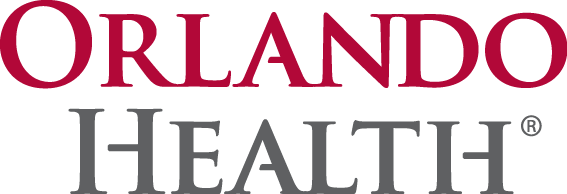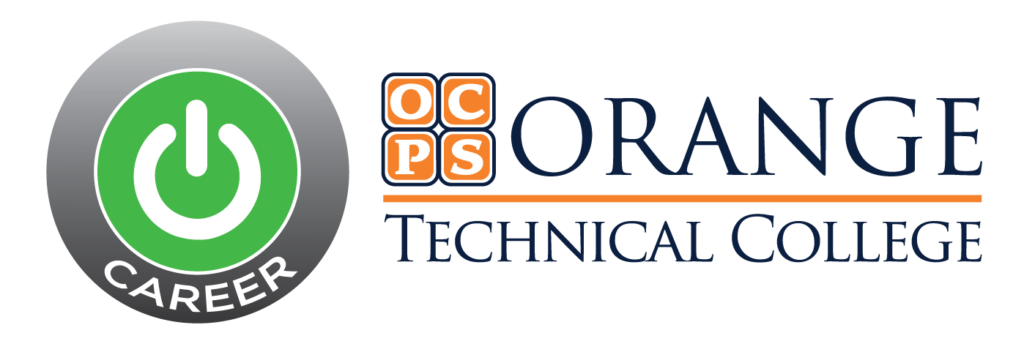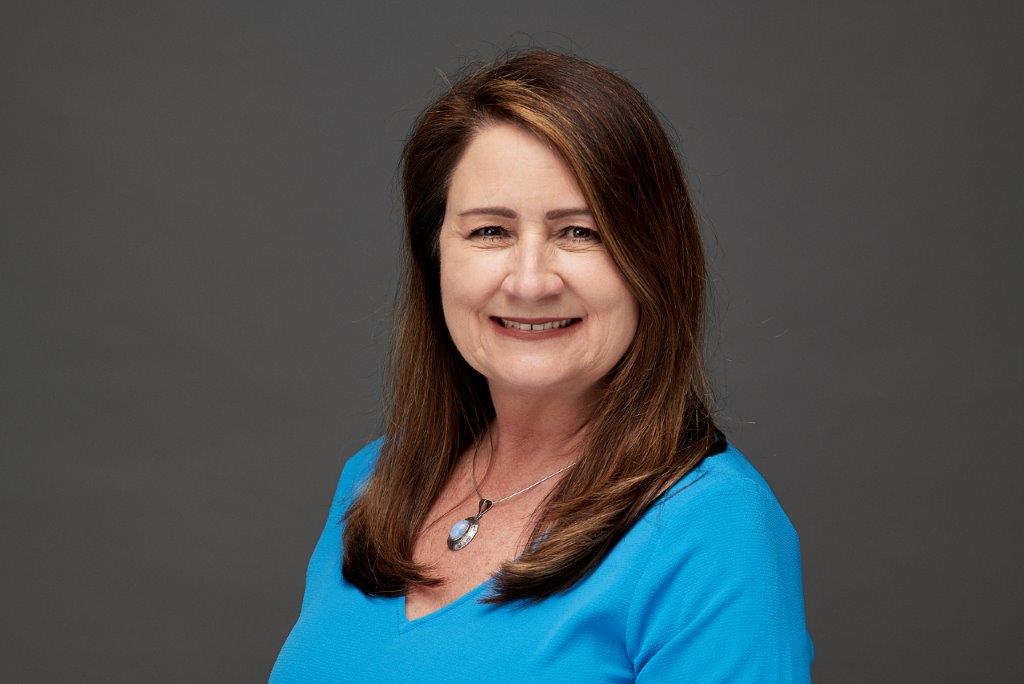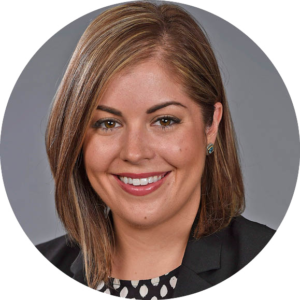
RE-IMAGINING ORLANDO’S TALENT SUPPLY
A Business Perspective on In-Demand Skills
Scroll to see more about Orlando
brought to you by the foundation for Orlando’s future
A Business Perspective on In-Demand Skills
The pandemic only accelerated the pace of technological disruption happening in our region. This report is the second in our Re-Imagining series, focusing on the most important, emerging capabilities in our economy. The report provides higher education providers with tactics to embrace the language of skills used by employers. Across the country, the need to train and upskill employees is estimated to be on the same scale as the shift from agricultural work to manufacturing that took place in the 20th century. The knowledge economy has arrived, and higher education has an important role to play in the transition to new types of work.
Explore this page to interact with charts and skill data included in the report.
THIS REPORT is MADE POSSIBLE BY THE SUPPORT OF
Champion for Broad-Based Prosperity

Section I:
In-Demand Skills
Figure 1 below highlights the skill demand in Orlando as the region emerges from the COVID-19 pandemic and consistent hiring activity resumes. Click on the chart below to explore skills and their definitions. Continue reading to find the shortened list of key skills that are most important to employers.
Most In-Demand Skills
With feedback from major employers in the region, the skill research shown above was narrowed down into a set of skills and skill families that represent the persistent talents all employers desire and the skills of the future our economy will demand moving forward.
| Persistent Skills | Skills of the Future (skill families) |
|---|---|
| Communication | Agile Development |
| Cultural Awareness | Cloud Computing |
| Customer Service | Cyber Security |
| Flexibility | Data Analysis |
| Relationship Building | Healthcare |
| Teamwork | Programming and Software Development |
Section II:
Tactics for Higher Education
The report offers two tactics for higher education providers in the region to help advance the language of skills and educate the workforce of the future.
1. Partner with industry to offer training at the point of need, often to adult learners and a more diverse set of students. The report shares a case study from Orlando Health and Orange Technical College as an example.


2. Translate curriculum and learning outcomes into the language of skills. Also known as skillify your syllabi. The report includes an overview of skillifying, provided by national higher education service provider, Emsi. The value of programs and learning are even clearer when curriculum speaks the same language as employers.


“If you’re not working with a school to provide more inclusivity and remove barriers to employment, you’re going to be missing the boat….”
– Melanie Stefanowicz
Associate Superintendent, Orange Technical College
section iII:
Special Thanks

Special thanks to the members of the Talent Ecosystem Working Group, chaired by Kim Marshall of Travel & Leisure, who provided essential feedback and context on how the pandemic has changed hiring practices and the skills most in-demand.
Talent Ecosystem Working Group Members (alphabetical)

Authors of this Report

Dale Brill, Ph.D.
SVP, Research and Foundation for Orlando’s Future



